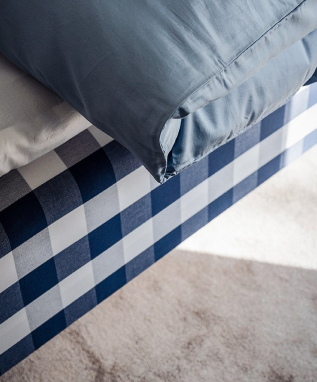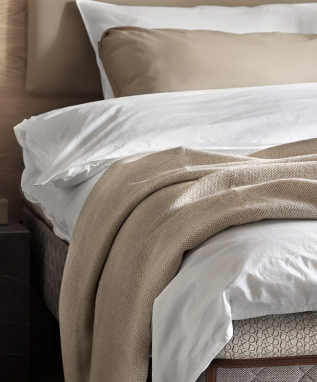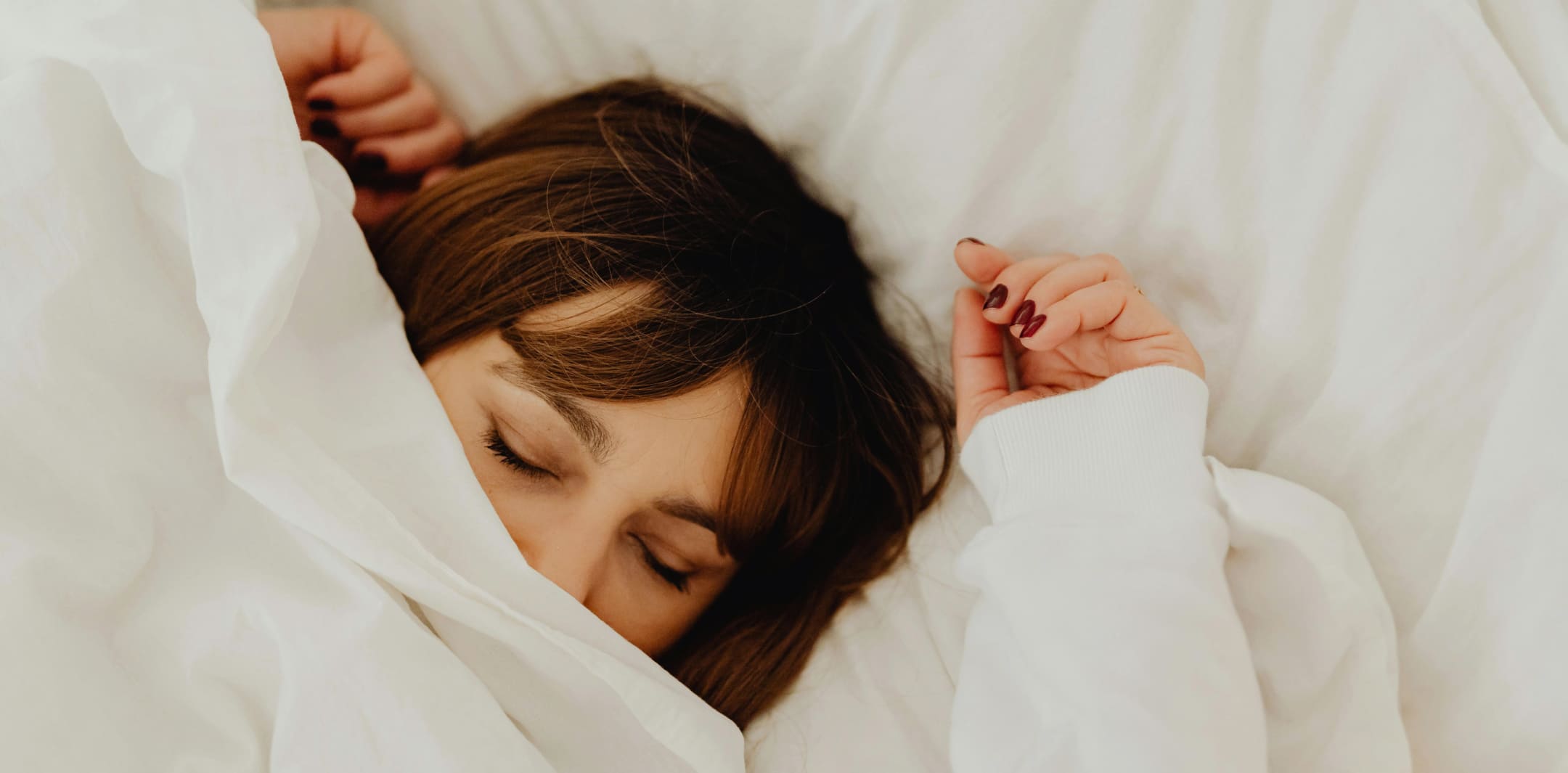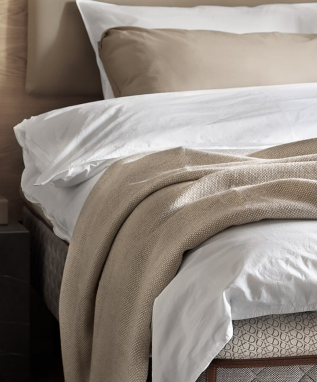Sleeping better is living better
Sleep is essential to our lives, a natural and unique process that cannot be imitated, bought or taken in pill form. A good night's rest is what makes the difference between a full life and a life full of fatigue.
To achieve the perfect dream, there are no shortcuts. It is essential to understand its importance and take conscious measures to improve the quality of our rest. From creating a sleep-friendly environment to choosing the right products, every detail counts.
At Härko, we value the transformative power of a good night's sleep and are dedicated to helping you achieve it. Our high-quality, personalized sleep solutions are designed to ensure that every night is an opportunity to rejuvenate and renew. Because we understand that sleeping better is living better.
"You should get as much sleep as you need to feel fit the next day."

SLEEP
SCIENCE

"Sleep is essential for body repair, tissue regeneration, and strengthening the immune system."
Karolinska Institute Study
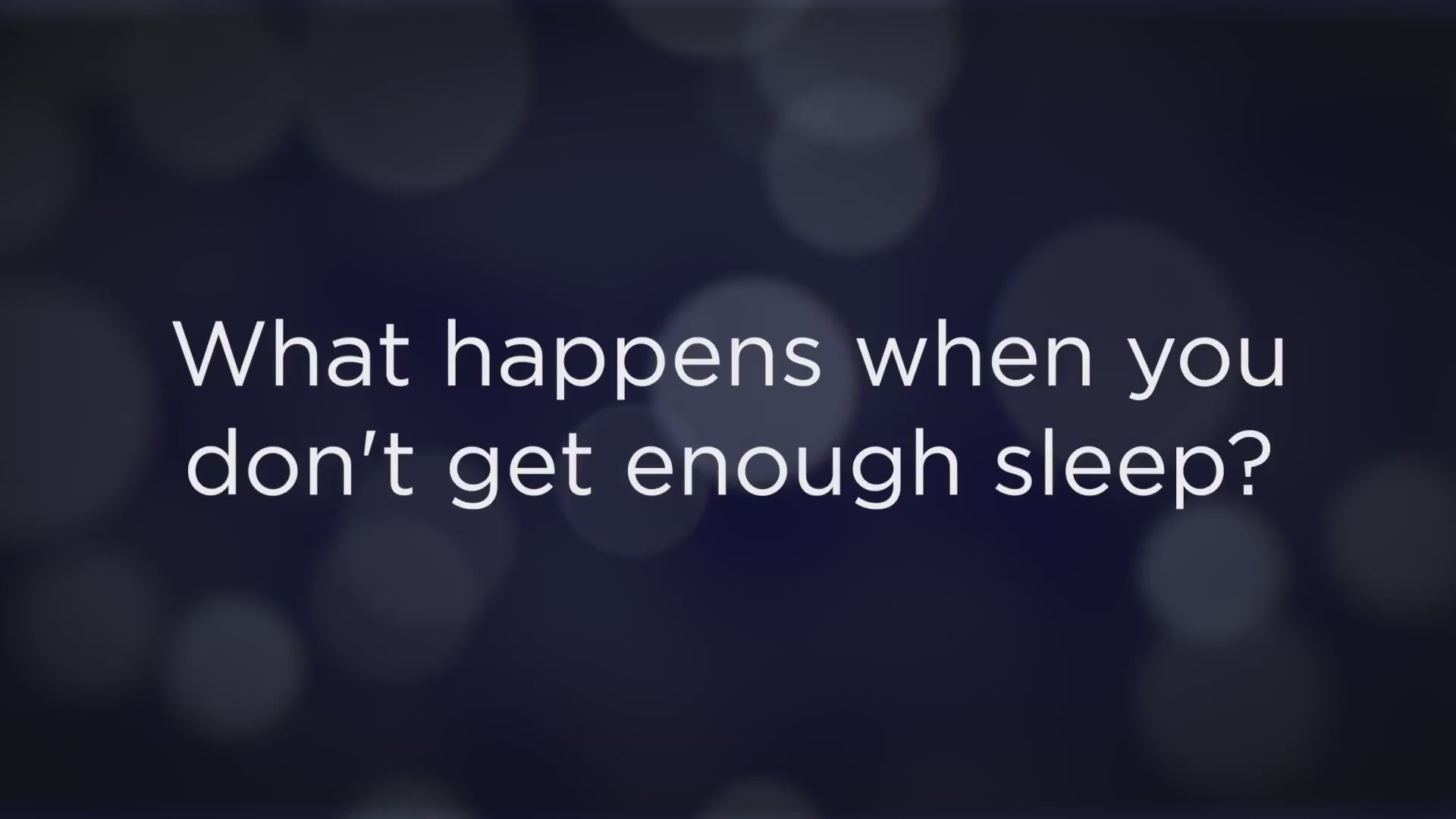
What happens if we don't sleep well?
Professor Torbjörn Åkerstedt, PhD, on why we need sleep, what happens to us when we don't, and whether we should pay attention to the 8-hour sleep myth.
©Hästens

